Netanyahu has accepted calls to delay judicial reforms plan after weeks of public protests
Under mounting pressure, after weeks of public protests, the Israeli Prime Minister, Benjamin Netanyahu, has finally accepted calls to delay his infamous judicial reforms plan.
Therefore, out of national responsibility, out of the will to prevent the rift in the nation, I have decided to suspend the second and third readings of the law in this term of the Knesset in order to allow the time to reach that wide consensus ahead of legislation during the next Knesset.
Benjamin Netanyahu, Prime Minister of Israel
Before the announcement, Israel's Army Chief of Staff called on the regime's forces to continue to do their duty in the face of bitter divisions over the judicial plan amid reports of many Israeli reservists threatening not to serve while hundreds have already escaped reserve duties.
Meanwhile, Israeli embassies in other countries and major ports across the occupied territories have joined the massive anti reform strike.
Hundreds of thousands of Israelis have protested over a planned overhaul of the judiciary.
The reforms, which are backed by Prime Minister Netanyahu and his pro settler coalition, would enable them to pick judges and limit the Supreme Court's power to strike down laws.
Lawmakers have already passed a reform that strips the Attorney General of the power to declare the Prime Minister unfit for office. Critics say the proposed judicial reforms will weaken democracy.
Israel has no written constitution so the Supreme Court should be a vital check on the cabinet but the courts track record on Palestinian rights is already weak.
The Supreme Court of Israel entrenches the occupation and upholds laws blocking equal rights for Palestinians. It has never ruled against the legality of hundreds of Israeli settlements in the occupied West Bank, which are illegal under international law.
Over six million Palestinians live under the yoke of Israeli occupation and its draconian military laws.
Palestinian citizens have inferior rights, face unequal laws, and, are banned from living in 900 towns.
Israel's far right cabinet has banned Palestinian flags and threatened to wipe out Palestinian villages and build more illegal settlements on their land.
Israel is considered an apartheid regime by leading rights groups, due to its systematic denial of the rights of Palestinians. For many, the far right Israeli cabinet’s plans to weaken the judiciary and entrench the Prime Minister's power are just another extension of occupation and unequal treatment.
Netanyahu's proposed reforms seek to rob the Israeli Supreme Court of the power to overrule decisions made by the regime's new extremist cabinet and the Knesset.
Mass protests have gripped the regime since it announced the plan in January. Tens of thousands of demonstrators have faced off police in the streets for the past 12 weeks.
In reaction to the ongoing crisis Iran's foreign ministry spokesman, Nasser Kanaani has described the situation as a wildfire that is consuming Israel from within. He added that the attempt by Netanyahu to boost his own power has once again revealed internal fault lines in the Zionist society by stoking unprecedented street protests and clashes.
According to the latest surveys the average Israeli's trust in institutions has been deteriorating for some years, with only 35% of people saying they trusted institutions "quite a lot" or "very much" in 2020.
I think everyone must go on strike today; all the sectors of the economy. We call on the government to stop this crazy reform. We want equality, a Constitution, and, a Declaration of Human Rights.
Israeli Striker
Iran's Foreign Ministry spokesperson, Nasser Kanaani, also took Israel's Western allies, especially the US and the UK, to task for their continued support for Israel.
He said it's ridiculous that the United States and Europe, especially Britain, continue to support a fake identity which is based on occupation and apartheid and use democracy as justification.

Trump tariff mania

US B-52 bombers in West Asia do not scare Iran
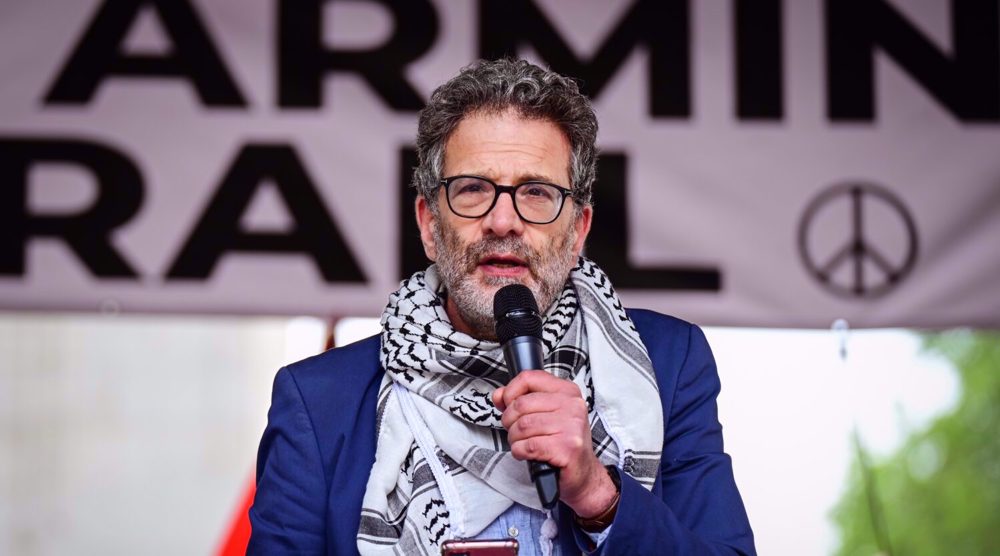
Palestine Solidarity Campaign director on trial
Iranian flotilla makes port call in India with 'friendship message'
How UK counter-terror police colluded with Zionists to detain me after Beirut trip
Biden, Blinken, Austin referred to ICC over Gaza war crimes
EU will 'do the same' if US implements tariff hikes: France
VIDEO | Press TV's news headlines
British celebrities condemn BBC removal of Gaza documentary
Iran Army acquires tactical vehicles, audio surveillance systems
VIDEO | UK police detain anti-Zionist scholar upon return from Lebanon


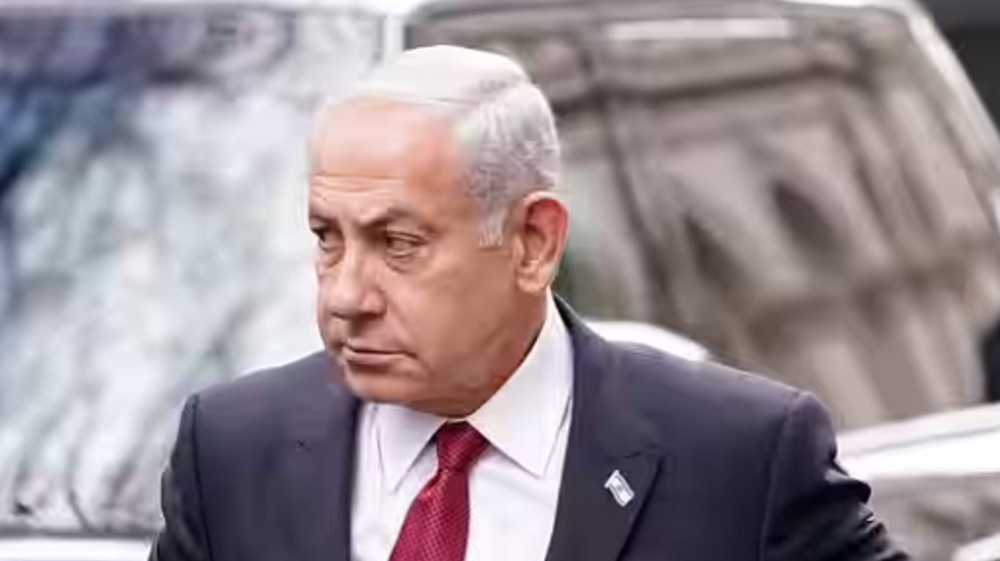
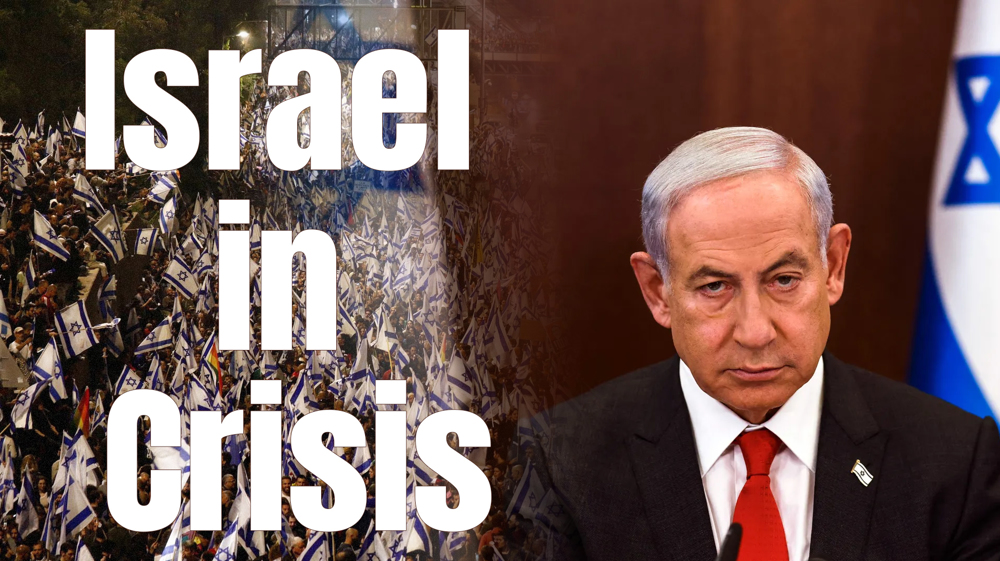
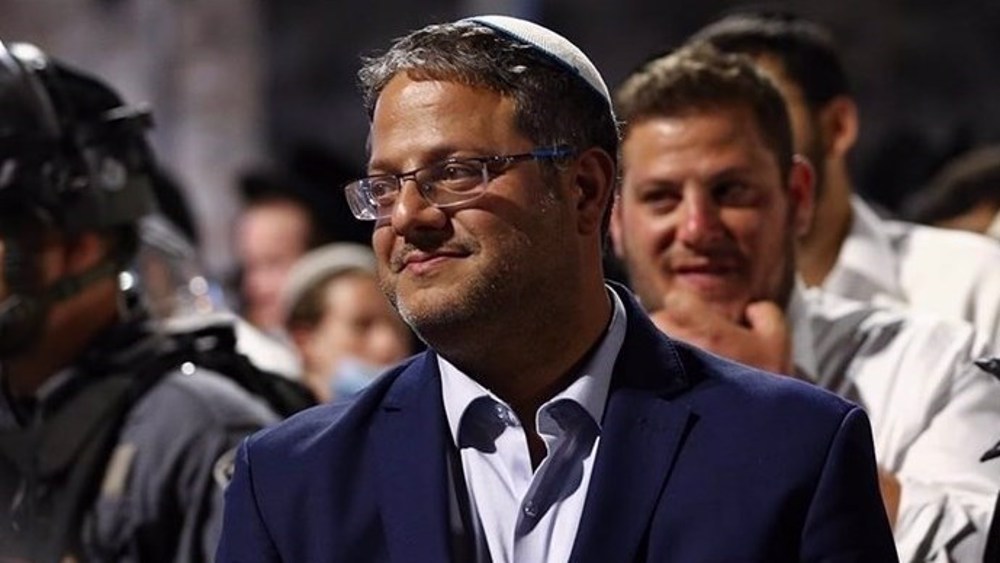
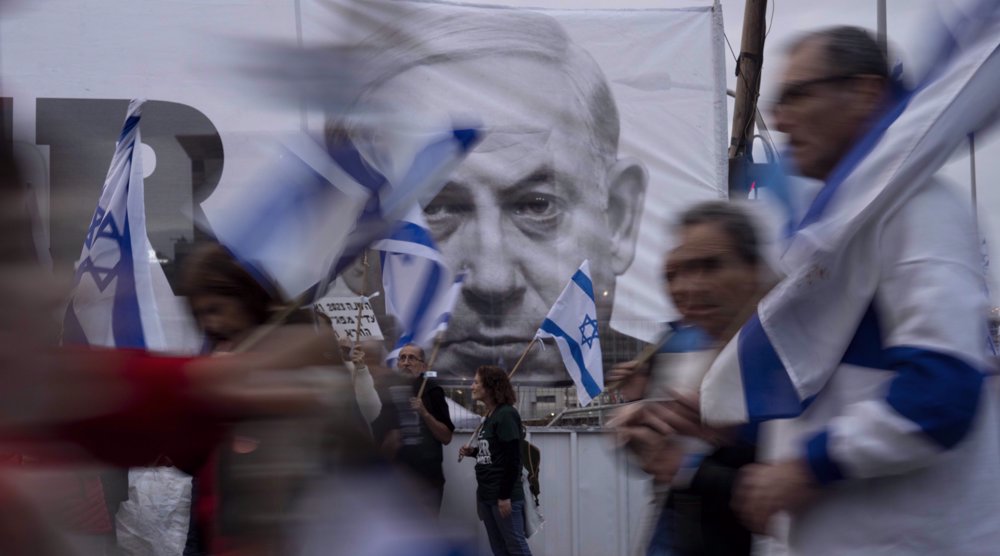
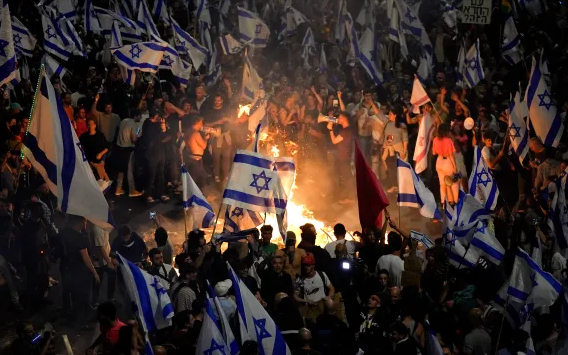
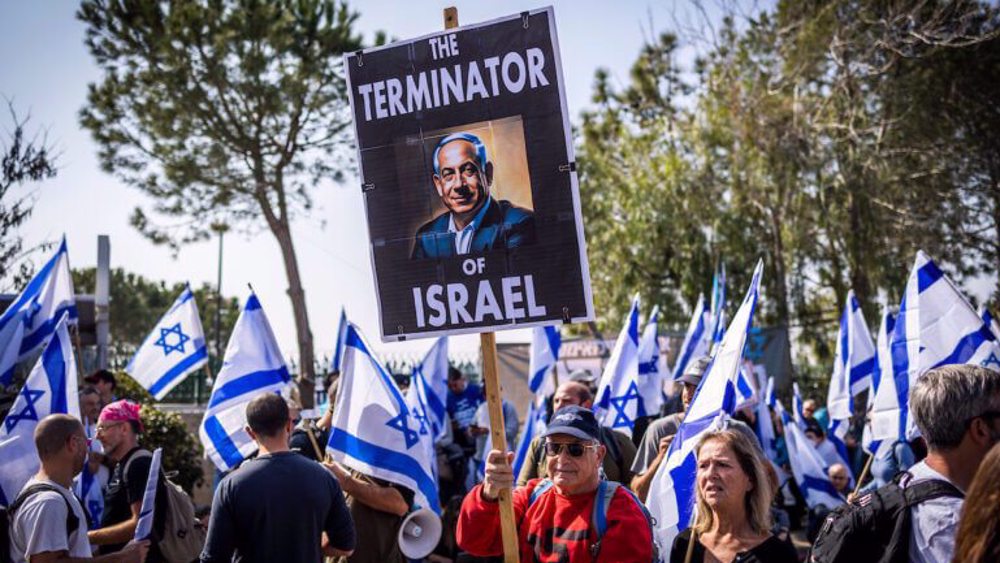
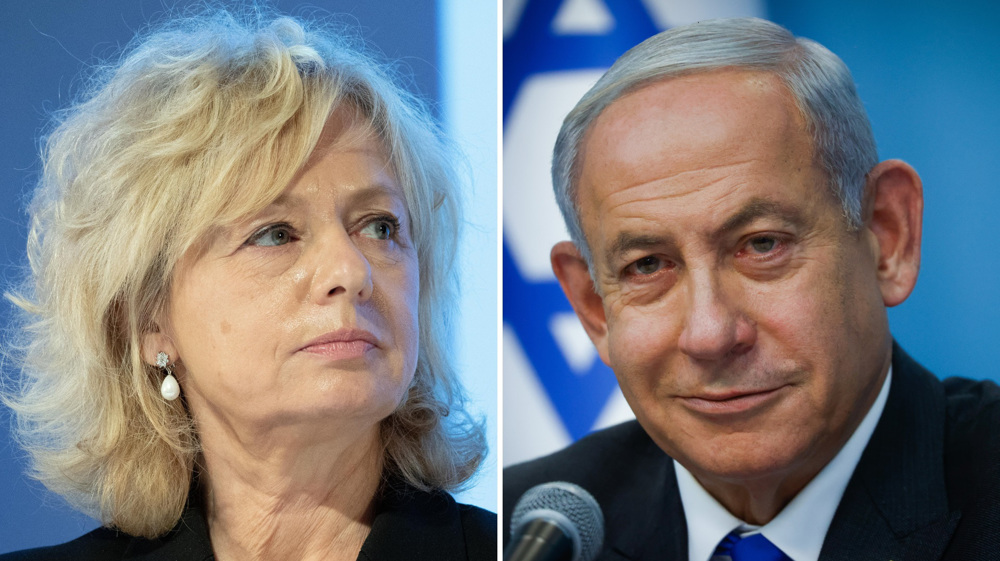




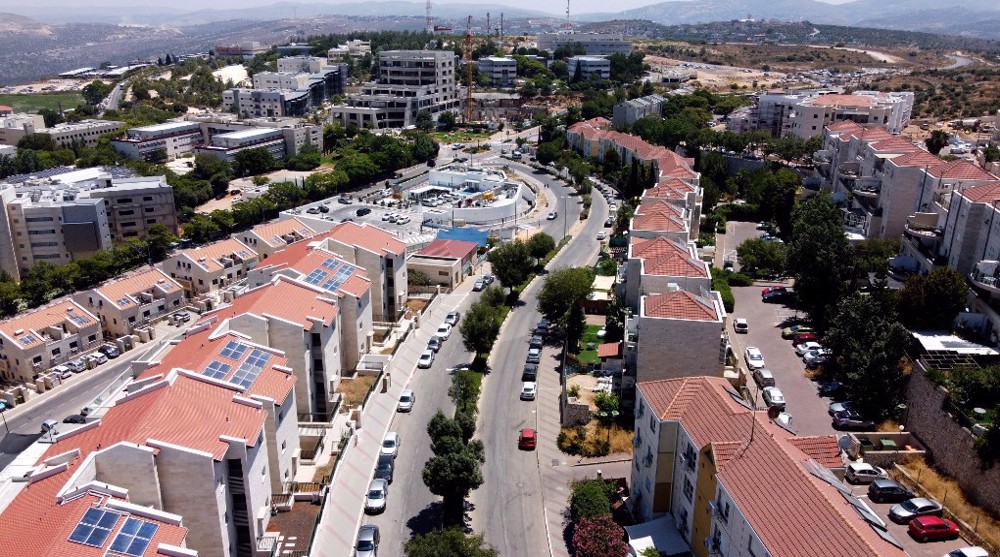
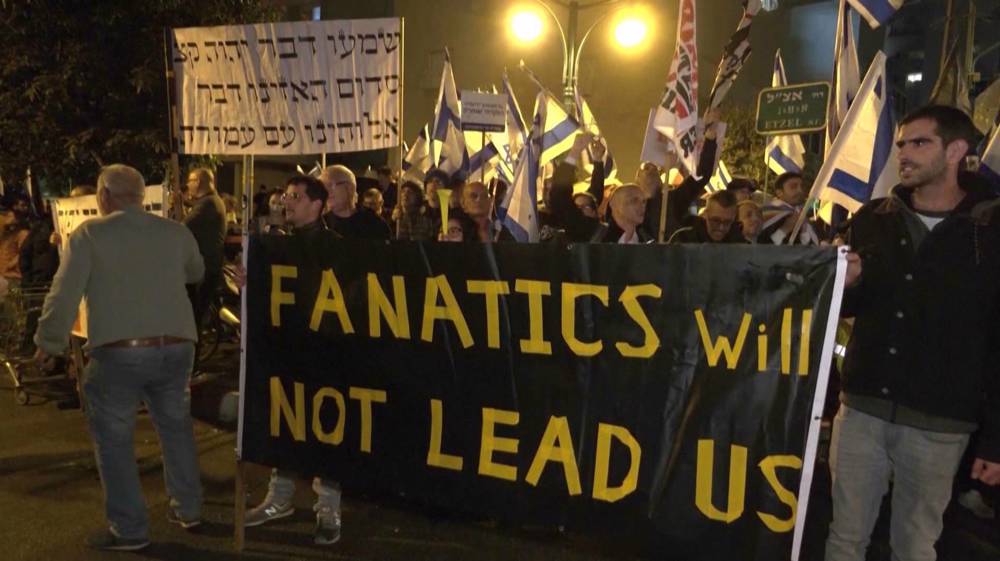
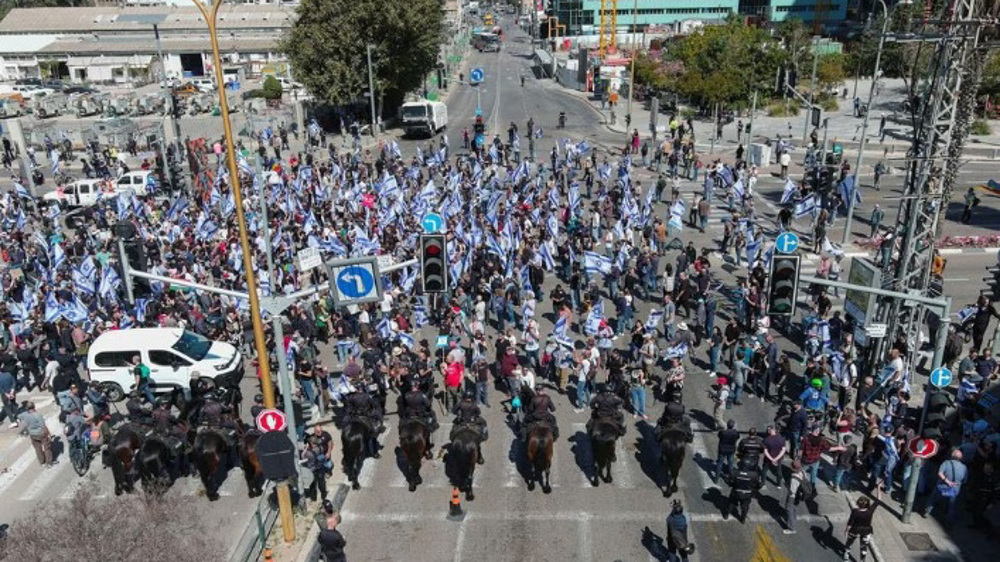

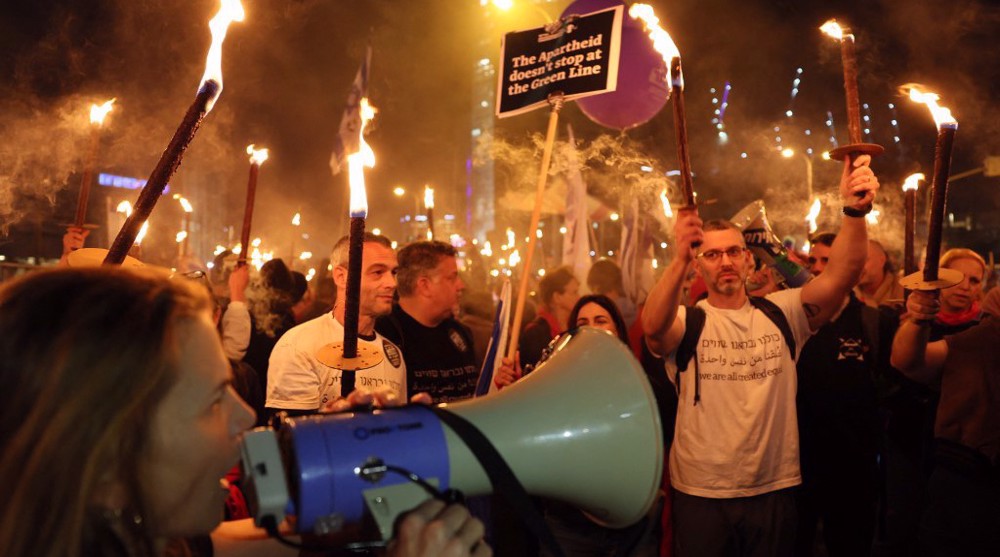
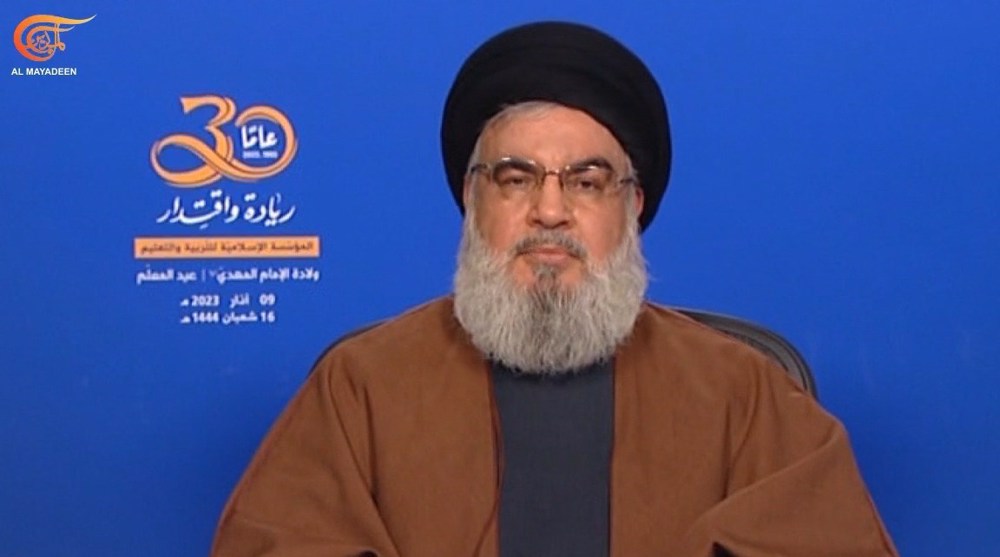
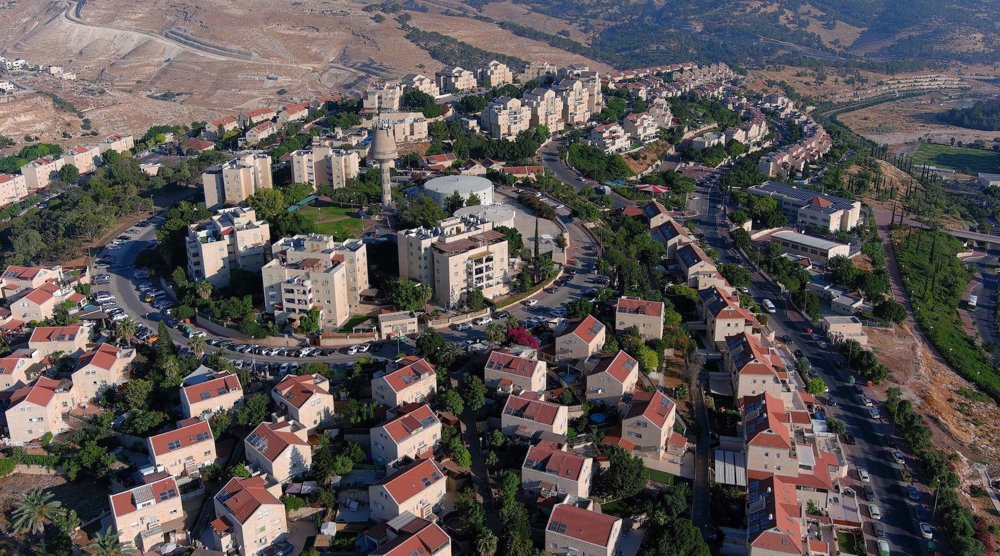

 This makes it easy to access the Press TV website
This makes it easy to access the Press TV website